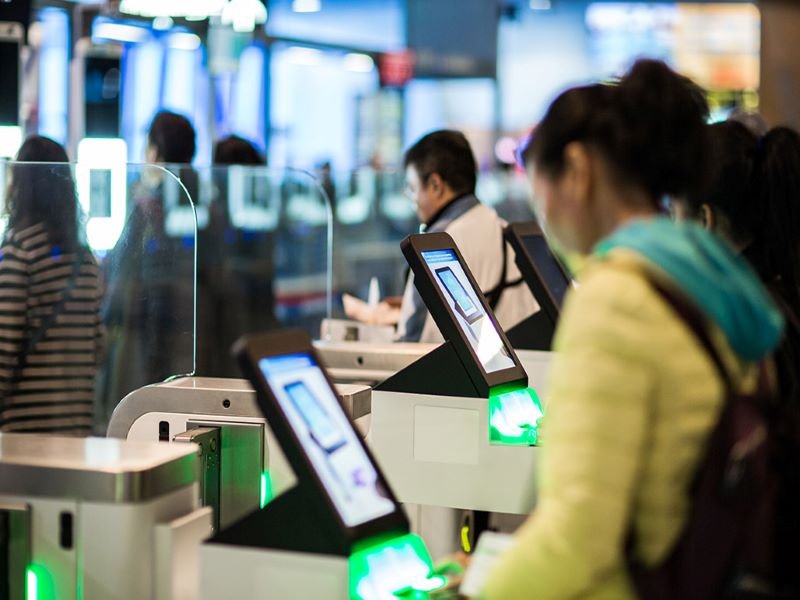The Department of Home Affairs spent more than $500 million on “failed ICT outsourcing projects” in recent years, according to the public sector union, which has accused the department of “turning its back” on staff.
The broadside comes as scrutiny of government procurement mounts and service wide bargaining begins for the Australian Public Service.
“The issues around backing APS staff, investing in their skills, and building in house capacity is an essential component of reining in the sort of the wild spending that is occurring on outsourcing consultants and external providers,” the union’s assistant national secretary Michael Tull said on Thursday.

Mr Tull was giving evidence on behalf of the Community and Public Sector Union (CPSU) to the current Joint Committee of Public Accounts and Audit’s inquiry into several poor procurements.
The union has told the inquiry that Home Affairs has failed multiple times to outsource the upgrading or redevelopment of visa systems, including a $450 million Generic Visa System that was contracted to IBM before being delivered late and not fit for purpose before being decommissioned.
More recently the permissions capability project that began with the digitisation of incoming passenger declarations was shelved after scathing reviews despite more than $60 million going to Accenture for the project.
In addition to wasting money, the “outsourcing first mentality” within Home Affairs leadership had damaged the department’s culture and staff morale, Mr Tull told the inquiry on Thursday.
“They don’t go to their staff, they don’t check on their staff with what they think they can do,” Mr Tull said.
“They don’t involve the staff. Often staff will hear about this because they see it in the newspaper, or they see the request for tender go out. That’s the first that they’ll know about it… The only products that have worked in this space are the ones that were built in-house. And the staff know this they know that they have the skills.”
Mr Tull said outside expertise is needed but Home Affairs staff must be involved in the design and internal work where possible to build capacity. He said the shelved digital passenger declaration card outsourced to Accenture was a prime example of where in-house staff should have had the lead.
“It was a wasted opportunity for skill development and internal APS capability building to see that hived off to Accenture… that ultimately produced nothing workable,” he said.
The national audit office is expected to release a report on the procurement of the underlying ‘Permissions Capability’ platform within days.
The inquiry and its chair Julian Hill has already clashed with the Department of Home Affairs and its secretary Mike Pezzullo about its culture and procurements.
Home Affairs was the least recommended among the agencies that have 1000 or more employees in the latest census, while it had failed to effectively manage a $1.5 billion maritime surveillance services contract over the last decade according to the audit office.
Mr Pezzullo has challenged the criticism of the culture at his “mission-driven” department during the inquiry, saying he is constrained by what he can pay staff. He has also dismissed claims of “endemic underperformance” in procurement and contract management, saying he is hampered by a “deficient” funding model, while challenging the veracity of the performance audits.
Mr Tull said bad culture comes from leaders, and called on Home Affairs to come to the table on staff support and pay.
“[An] absolute priority for this agency at the moment, from our members, is to make some real demonstrable steps to show that the agency actually values its staff. We’re about to go into a round of bargaining. That’s an opportunity and a challenge for the agency to do that. But it needs to be done.”
Service wide APS bargaining was scheduled to begin later on Thursday.
Do you know more? Contact James Riley via Email.

